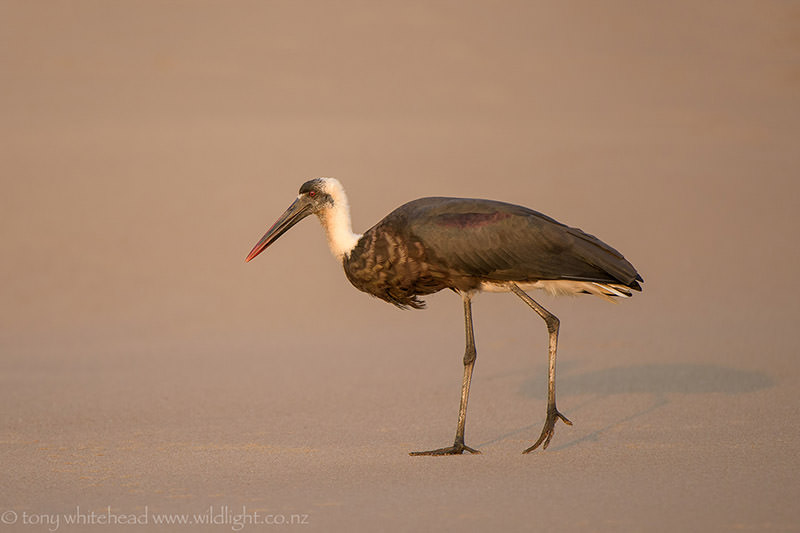
Woolly-necked Storks are a widespread tropical species that breed in Africa and Asia from India to Indonesia. In South Africa they are listed as generally uncommon but locally common in KwaZulu-Natal which is at the edge of their range as it extends down the east coast from Mozambique. I have no recollection of seeing them as a child or young adult but now see Woolly-necked Storks regularly at Ballito where an early morning session on the beach can bring some great opportunities in the warm early light. It likely that climate change with increasing temperatures has pushed their range further south than when I was younger. I have seen large flocks near sugar cane burns where they are presumable attracted by fleeing prey items. At the beach they seem most interested in scavenging bait scraps left by fishermen.
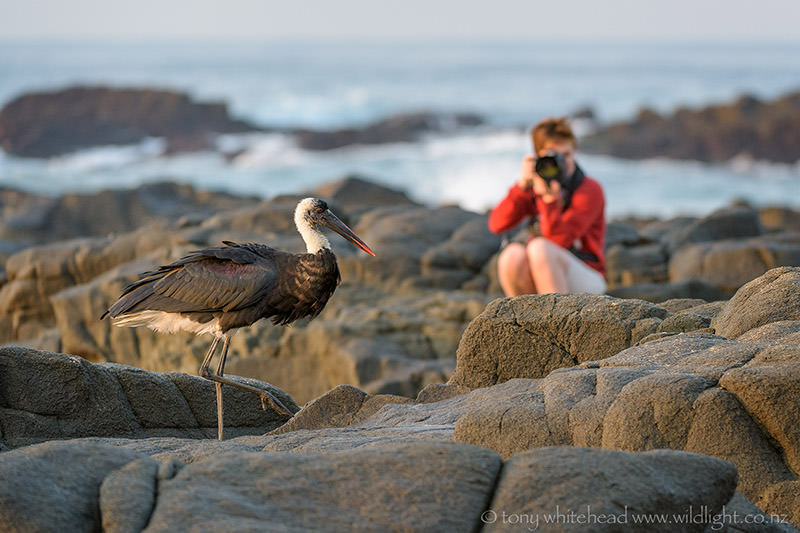
Our visits usually are in winter or early spring as the hot months are oppressive to our New Zealand orientated thermostats. The cool mornings on the beach are lovely and the beach is quiet with fewer early risers than in the summer. The burning of sugar cane fields at times fill the sky with smoke and wisps of black which, while not looking great, do increase the warmth of the sun light as it it filters through the smoky air.
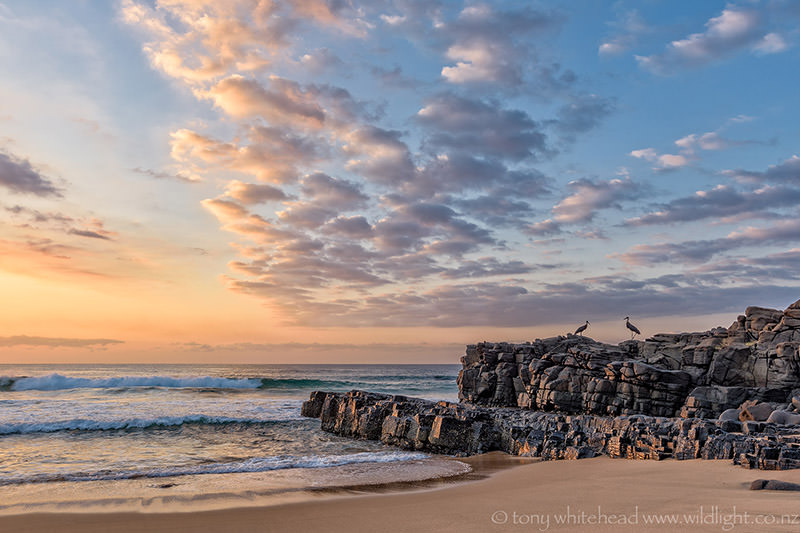
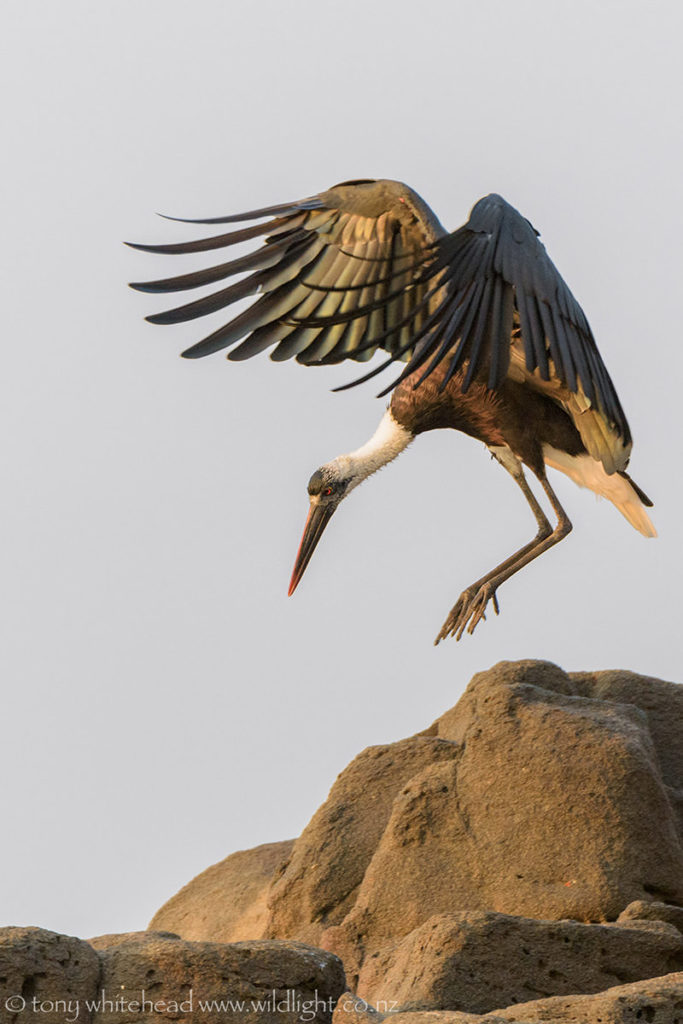
There have been many changes at Ballito from when I was younger. The arrival of the storks is appreciated, the relentless, incremental increase in barred gates, alarms, locks, high fences and electrified wires that make you feel like a fearful prisoner in your accommodation, not so much.
Stork images with Nikon D810 and 200-400mm f4 VR lens. Birdscape with Nikon 18-35mm f3.5-4.5 lens.
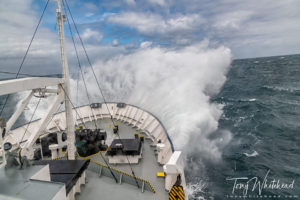
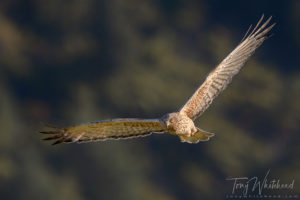
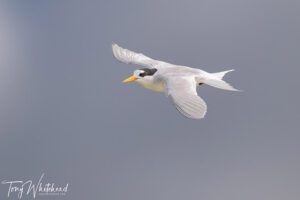
Pingback: Ballito Waves